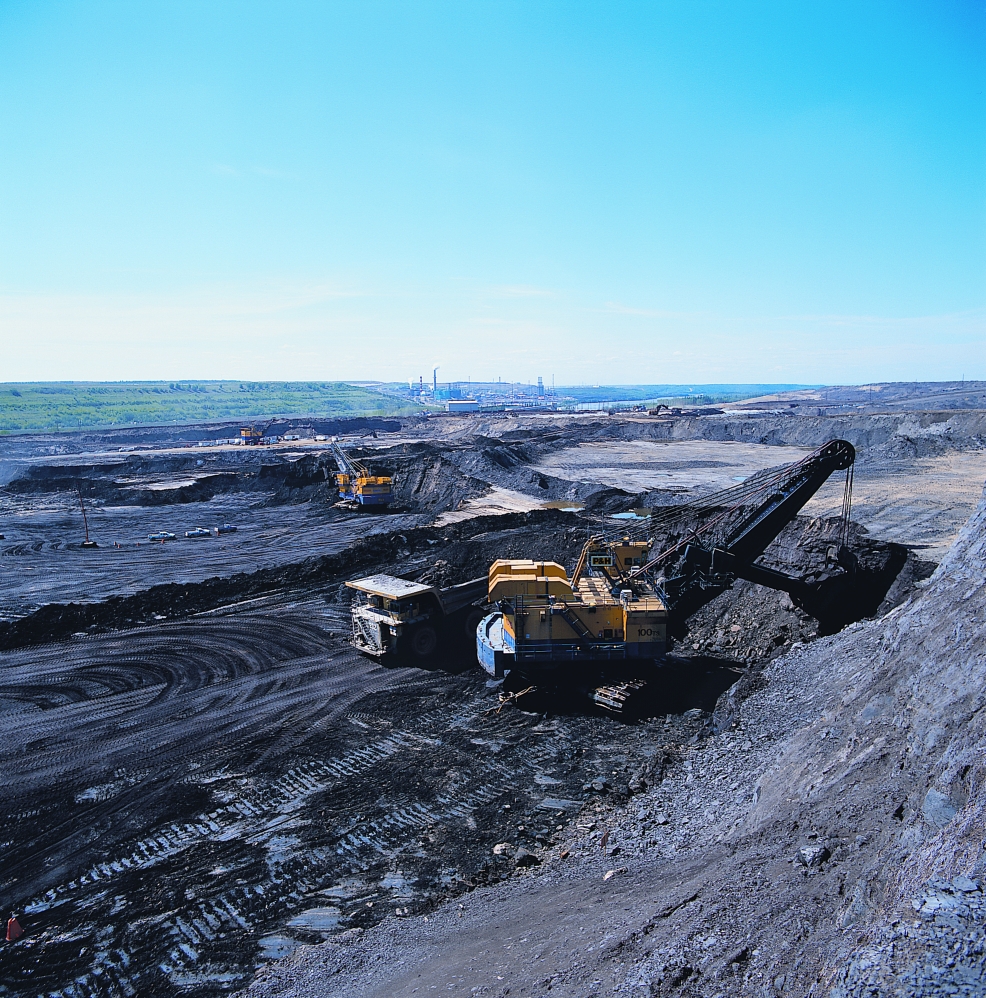 Last summer I noted that the Obama Administration gave the go-ahead for the building of a new pipeline to bring petroleum from Canadian oil sands to the United States. I am sure that I wasn't alone in wondering why they would do this at the same time that they were pushing to create a cap-and-trade program to put a price on carbon. I got the answer in today's FT in an article on investors who are seeking to increase disclosure from BP on tar sand development.
Last summer I noted that the Obama Administration gave the go-ahead for the building of a new pipeline to bring petroleum from Canadian oil sands to the United States. I am sure that I wasn't alone in wondering why they would do this at the same time that they were pushing to create a cap-and-trade program to put a price on carbon. I got the answer in today's FT in an article on investors who are seeking to increase disclosure from BP on tar sand development.It turns out that development of Canadian oil sands in insensitive to the price ceiling that was being discussed under the Waxman-Markey bill. From the FT (emphasis added):
The proposed project assumes a carbon price much higher than the ceiling that Waxman-Markey would have established. The then leads to a question: If cap and trade, as proposed, would not halt oil sands development due to simple economics then how exactly would it compel innovation in the renewable energy sector?At the heart of BP's resistance to its dissident shareholders' resolution on oil sands is a point of principle: managers should be free to manage.
Yet it is also engaged in a vigorous debate over the details.
The resolution, backed by investors including Co-operative Asset Management of the UK, and Calpers and Calstrs, the California state pension funds, is on the face of it quite uncontroversial.
A Greenpeace-backed attempt last year to use a shareholder vote to force Statoil, Norway's state-controlled oil company, to pull out of Canada's oil sands was unsuccessful.
The resolutions proposed this year for BP and Royal Dutch Shell, backed by FairPensions, a British campaign group, are less ambitious.
They simply demand that the companies commission reports setting out the assumptions they make when deciding on oil sands investments, including factors such as oil prices, the cost of greenhouse gas emissions, and "legal and reputational risks arising from local environmental damage and impairment of traditional livelihoods".
The reports would be presented to the companies' annual general meetings next year. That might not sound like a lot to ask, especially as BP has already released much of the information.
It has made clear it uses an oil price range of $60-$90 per barrel, and an assumed carbon price of $40 per tonne of CO 2 when appraising projects.
Anyone looking for BP's presentation on the oil sands project can find it here in PDF. Kate Mackenzie at the FT Energy Source has more here.